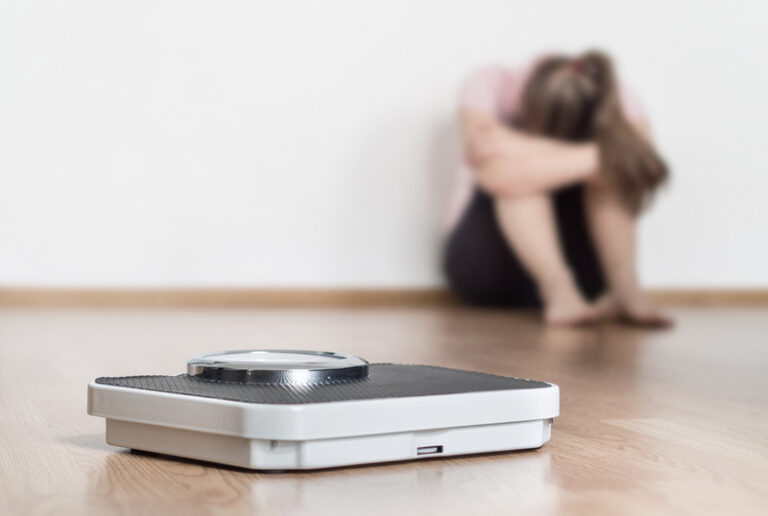So often when people gain weight it is blamed on lack of exercise or eating poorly. While that certainly can play a vital role in weight management, there are other things that contribute to weight gain and difficulty in losing weight. Hormones, collectively and/or individually, play a major role, and there are many hormones that can be blamed.
The more familiar hormones include: Insulin, Leptin, Ghrelin, Cortisol, thyroid hormones and Estrogen. Lesser known hormones include: Neuropeptide Y, Glucagon and Glucagon-like-Peptide-1, Cholecystokinin, Peptide YY, Il-6 and several others.
One of the big ones is insulin. Since insulin tells the body to store fat, how much to store, and when to release it for energy, the more sugar you eat, resulting in higher insulin levels in the body, the more insulin resistant you can become, and therefore the more fat that will accumulate and be stored. The best way to stop elevated insulin levels is to stop sugar. Insulin is also released when you eat protein, but in that case, glucagon, a fat-burning hormone gets released as well. Insulin sensitivity is partially affected by exercise, and is different for each individual, and can even change from day to day and even type of exercise. It affects the liver, muscle tissue and fat responses that again can change regularly in the same person.
The other big one is cortisol. It releases in response to insulin. Cortisol and insulin influence many other hormones, especially the ones contributing to weight issues, so much so that if you handle just those two, the rest typically come into balance. If not, you’ll always be chasing tail with weight. The biggest hazard is when insulin and cortisol are both elevated together – that’s when you really store the fat and when you circumvent the body from burning fat. The other bad combination is stress plus sugar.
Whenever discussing weight, it always seems to come with calorie counting. Please, don’t count calories, but make the calories you consume count. Make it high density nutrition and avoid the junk.
Finally, there is so much you can do to get the above hormones in balance. Correcting the organ function, reducing stress (or, since we’re never without stress, re-working our response to stress), getting sleep (which has a huge impact on our organ and glandular health, and therefore great impact on weight), and yes, exercise.
Building muscle mass is important in weight control, more than aerobics. Every pound of muscle burns between 50-100 calories per day at rest! Building up muscle mass is important, especially in post-menopausal years when muscle mass starts to wane. Weight management isn’t a quick fix diet or supplement pill. It can be complex, and everyone is different.
©2023 Holly A. Carling, O.M.D., L.Ac., Ph.D.







